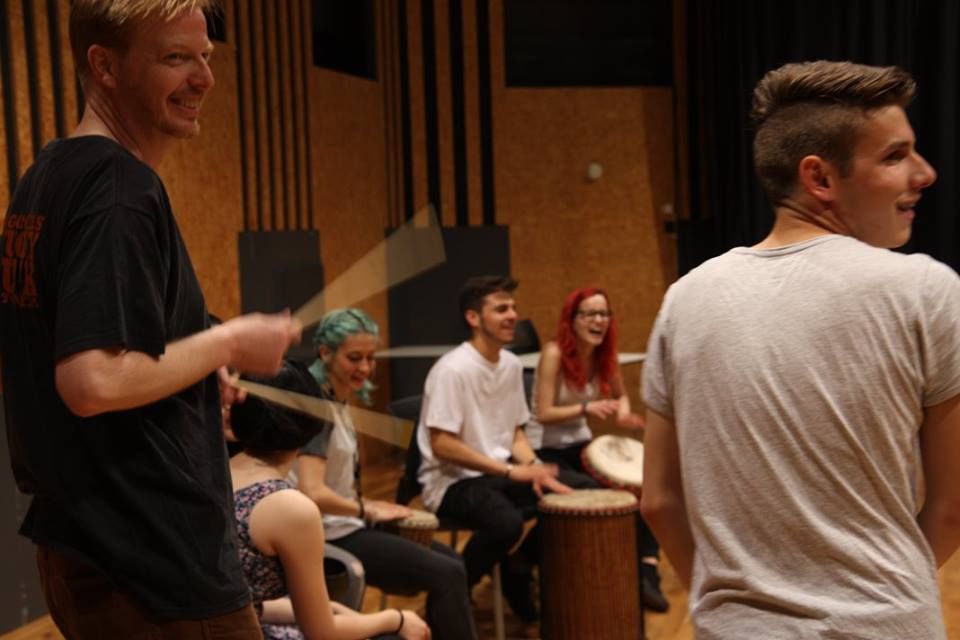Yanze Zhu
Yanze explores the implications of music interactions between performers and audiences

Reflecting on the module the Politics of Performance: From Negotiation to Display, the first presentation by Mark Smulian influenced me the most. The main question in Mark’s presentation was what makes a “Musical Being”, and his claim that “We are all born hardwired to be musical” triggered my imagination. Intuitively, in a module on the politics of performance, one might initially think that a primary object of study would be the “performers” — those who are actively engaged in music. However, Mark opened up an important perspective that together with performers, audiences should also be a key part of the study. What are the effects of performances on them? How do they perceive the performance? How do they regard the performance and how are they influenced and impacted by musical performances? There were many critical studies throughout the module that marked the importance of audiences.
In Andy Morgan’s presentation on Mali, he discussed the Malian rapper Mylmo N Sahel, who composed a song questioning the rationality of the coup that had just happened in Mali. Andy found that rappers like Mylmo consider themselves to be public intellectuals and political elite who express what they observe and think through the medium of music. He further showed pictures of Mylmo being mobbed by his fans, highlighting how audiences are united around him due to the way in which he speaks out what they have in mind, but which they are unable to speak about or are unable to find a proper media to express. Mylmo, and many musicians across the world, find themselves in similar situations, whereby they have courage, equipped with powerful skills in musical expression and are passionate to speak and sing out for their audiences. Their stage presence makes the politics of performance visible, while its political ramifications have emotional impacts on audiences who resonate with the music, support the musicians and are influenced by the music. History has proved that it is only through the interactions between performers and audiences that music can gain an important place in people’s lives.












